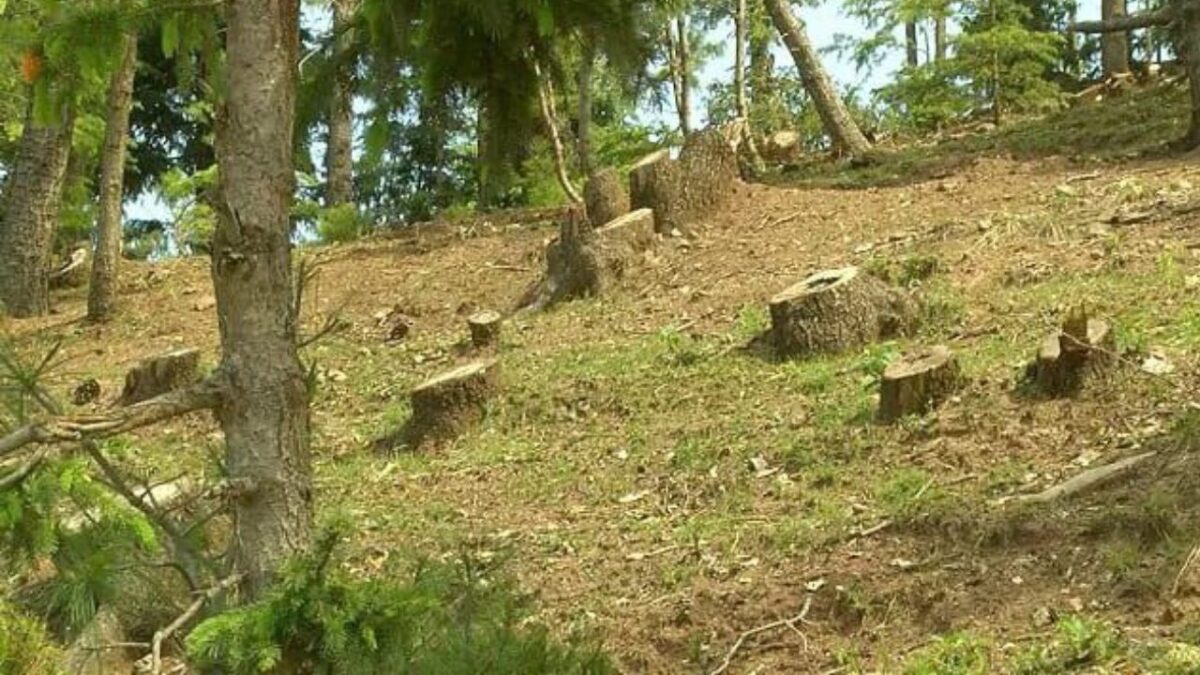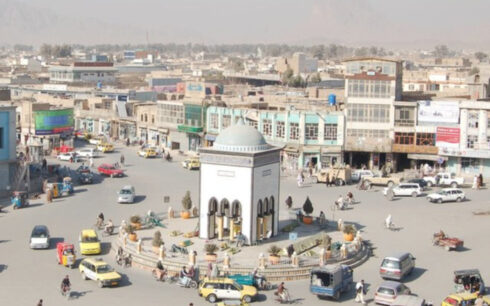On World Environment Day, the UN Food and Agriculture Organization, FAO, warned that forest cover in Afghanistan’s eastern Khost Province is under serious threat of destruction, as the country continues to bear the brunt of intensifying climate change.
In a statement issued Thursday, FAO said Afghanistan remains “highly vulnerable to climate shocks,” with deforestation in Khost posing a significant environmental and livelihood risk.
To help address the crisis, FAO said it has planted more than 48,000 fruit saplings across 232 hectares and 260,000 pine and walnut saplings on over 2,100 hectares in Khost. The reforestation initiative was carried out in partnership with the Global Environment Facility (GEF), a multilateral fund that supports sustainable development programs.
“These efforts are part of our broader strategy to reduce pressure on natural forests while enhancing local livelihoods,” the agency said.
Stephanie Lhos, head of the UN Human Settlements Program (UN-Habitat) in Afghanistan, also released a video message warning that environmental degradation poses a direct threat to both the health and well-being of communities. “Protecting nature is protecting people,” she said.
Meanwhile, the UN Central Emergency Response Fund (CERF) has allocated more than $6 million, and the Afghanistan Humanitarian Fund has pledged an additional $7 million to help the country cope with the growing effects of climate change, including drought, deforestation, and natural disasters.
Afghanistan contributes only a tiny fraction to global greenhouse gas emissions—less than 0.1 percent—but faces some of the most severe climate impacts, according to previous UN assessments.





